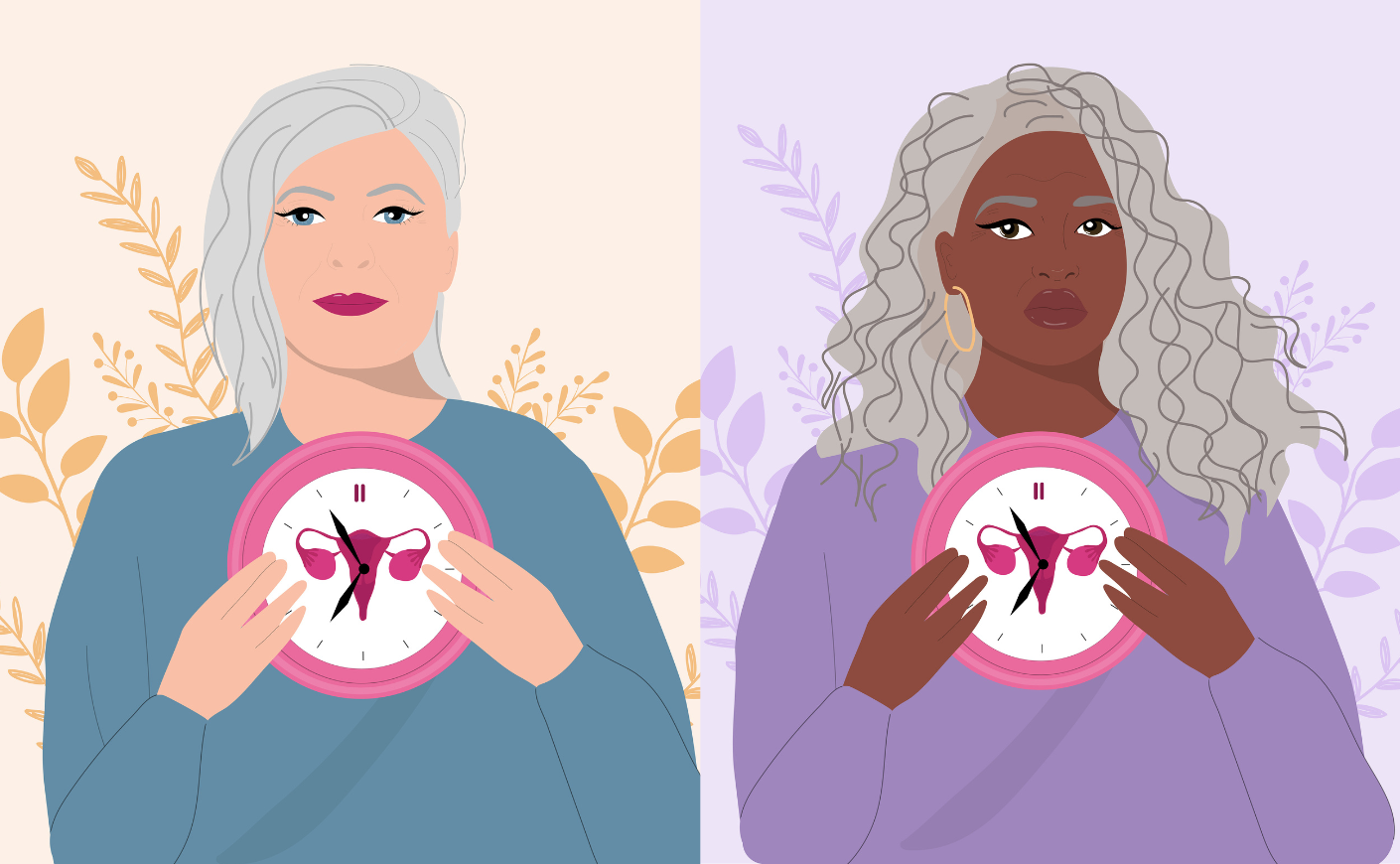After answering questions about overcoming grief and breaking into the workforce, Katie’s back for another installment of her advice column, Ask Katie Anything, and she’s got an expert in tow!
When one of the loyal readers of our Wake-Up Call newsletter wrote in with questions about dealing with the symptoms of menopause, Katie knew just who to call for help — Dr. Rebecca Brightman, her personal gynecologist, who’s become our go-to source for all things reproductive health. Read on to soak up her wisdom on this confusing topic.
Dear Katie,
I turned 65, and I still have hot flashes. I was wondering if you had any advice on supplements to help with symptoms like brain fog, fatigue, and those flashes. Also wondering how you feel about hormone replacement therapy this late in life. I feel if I had a list of dos and don’ts to make me more comfortable, it would help.
-Polly
Hi Polly!
I’m going to turn this over to Dr. Rebecca Brightman, my fabulous GYN. I don’t really take supplements, and I miss my estrogen (I was on the patch for almost a decade), but because of my breast cancer diagnosis, I can’t take it anymore! Becky, over to you….
-Katie
Regarding starting MHT (menopause hormone therapy) in one’s 60s, we just don’t have great data. The largest study to date is the Women’s Health Initiative, which looks at women who start MHT at various ages, with the average age being 62. We know that the benefits of MHT outweigh the risks in women between 50 and 60, but there may be a greater risk starting MHT at 65. The prevailing thought is that the closer one is to menopause, the better — ideally, under 60 or less than 10 years from one’s final menstrual period.
But there are always exceptions. The decision to start MHT later in life requires a thorough discussion with an expert who’ll take a comprehensive medical and family history into account, as well as rule out any contraindications. Then you can discuss both the benefits and risks of MHT in order to make an informed decision.
There are non-hormonal options available, including the recently FDA-approved medication fezolinetant (VEOZAH). There’s some data for nutritional supplements, but they have a large placebo effect as well.
So what can one do to decrease lingering menopausal symptoms? Optimize your weight, reduce stress, and avoid triggers such as alcohol and spicy foods. There’s also good data around hypnosis, and some women find that acupuncture can be helpful, too.
-Dr. Brightman
If you’re eager for more info, we’ve got your covered! Our exhaustive resource hub about all things menopause will answer lots of your questions, and you can go even deeper with this batch of thoughtful conversations with experts (including more input from Dr. B).









